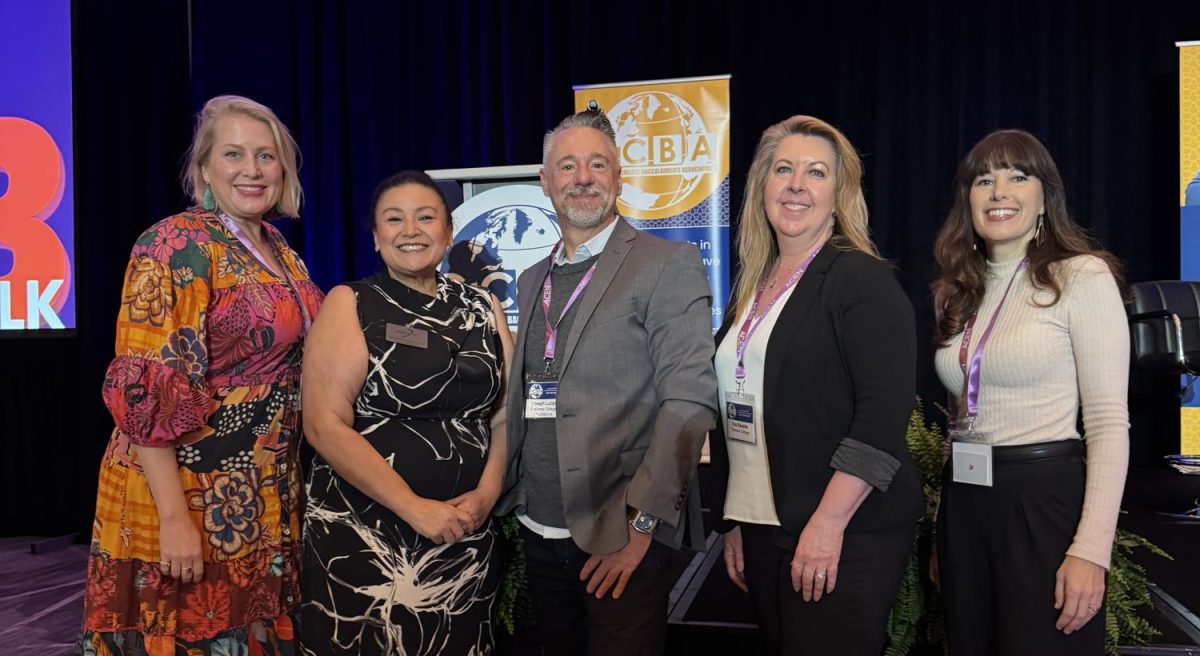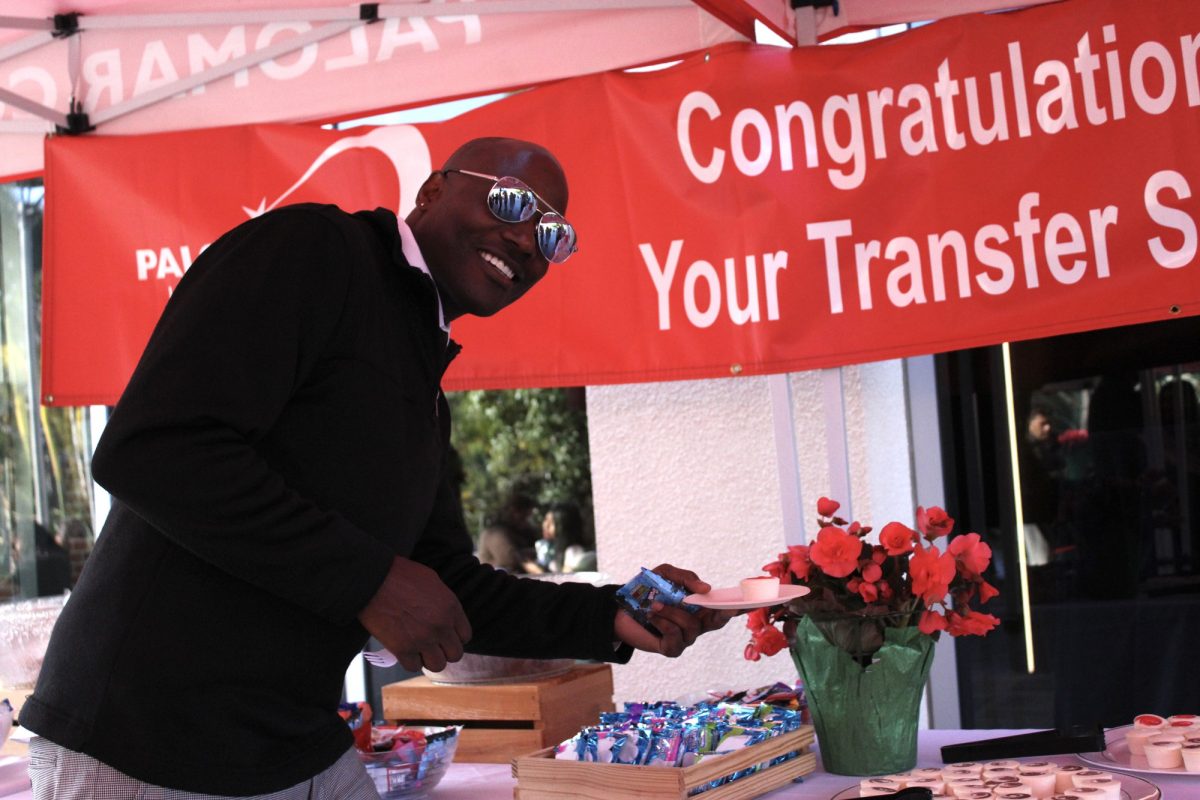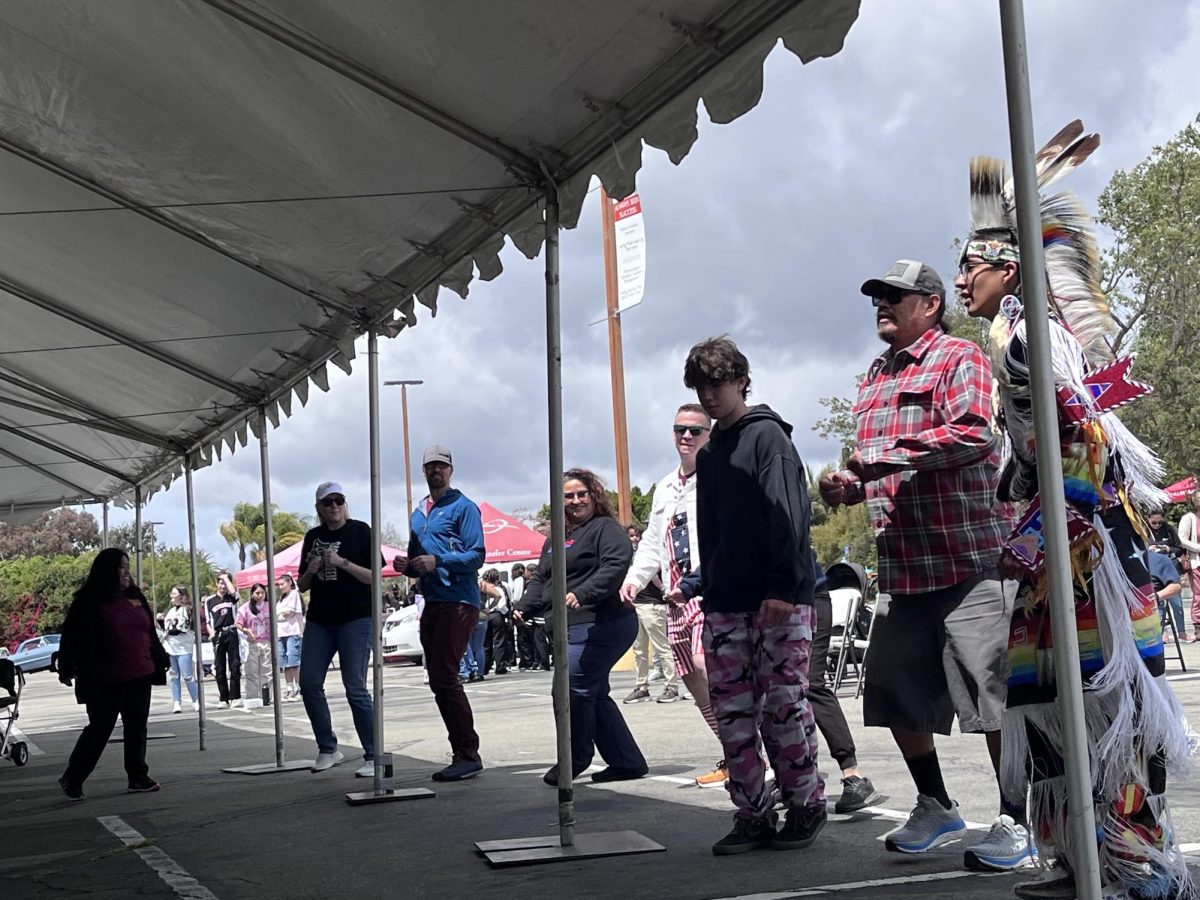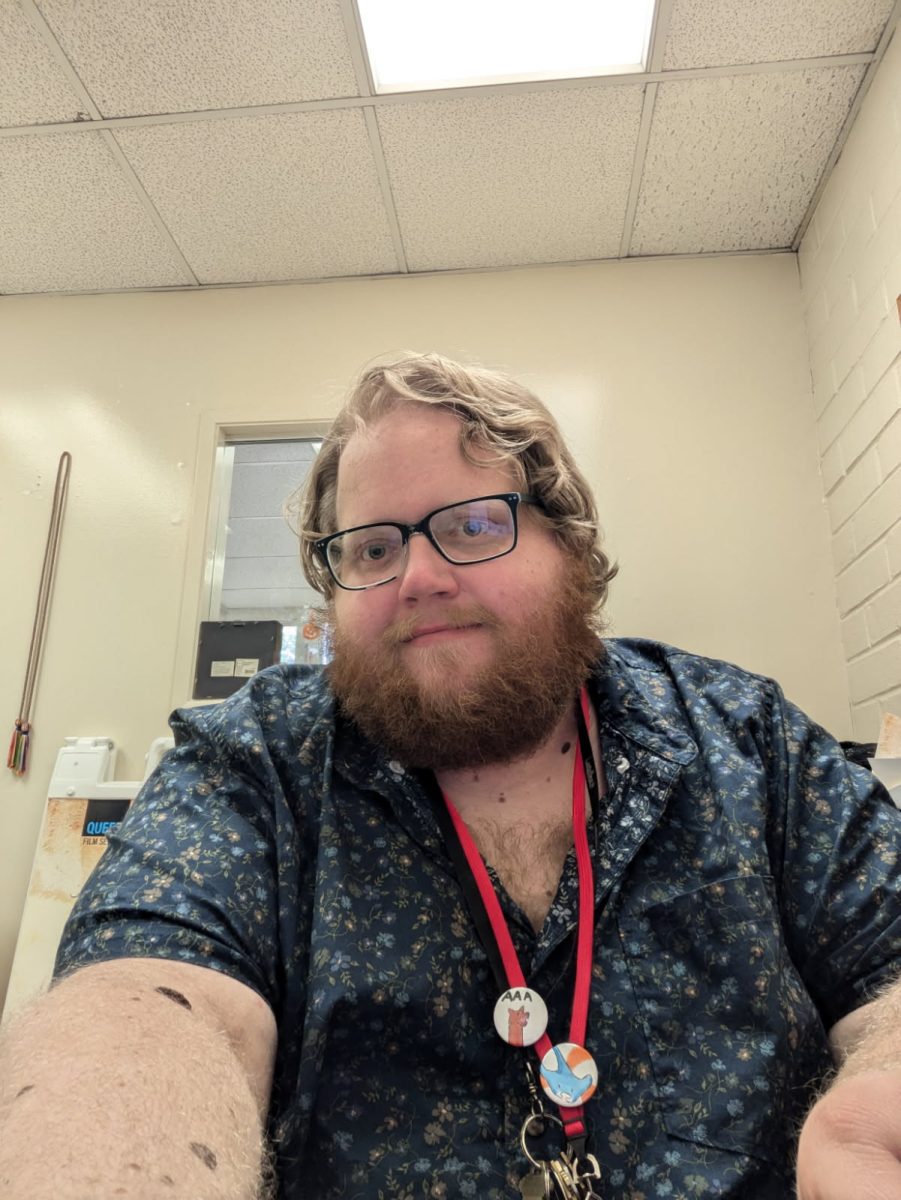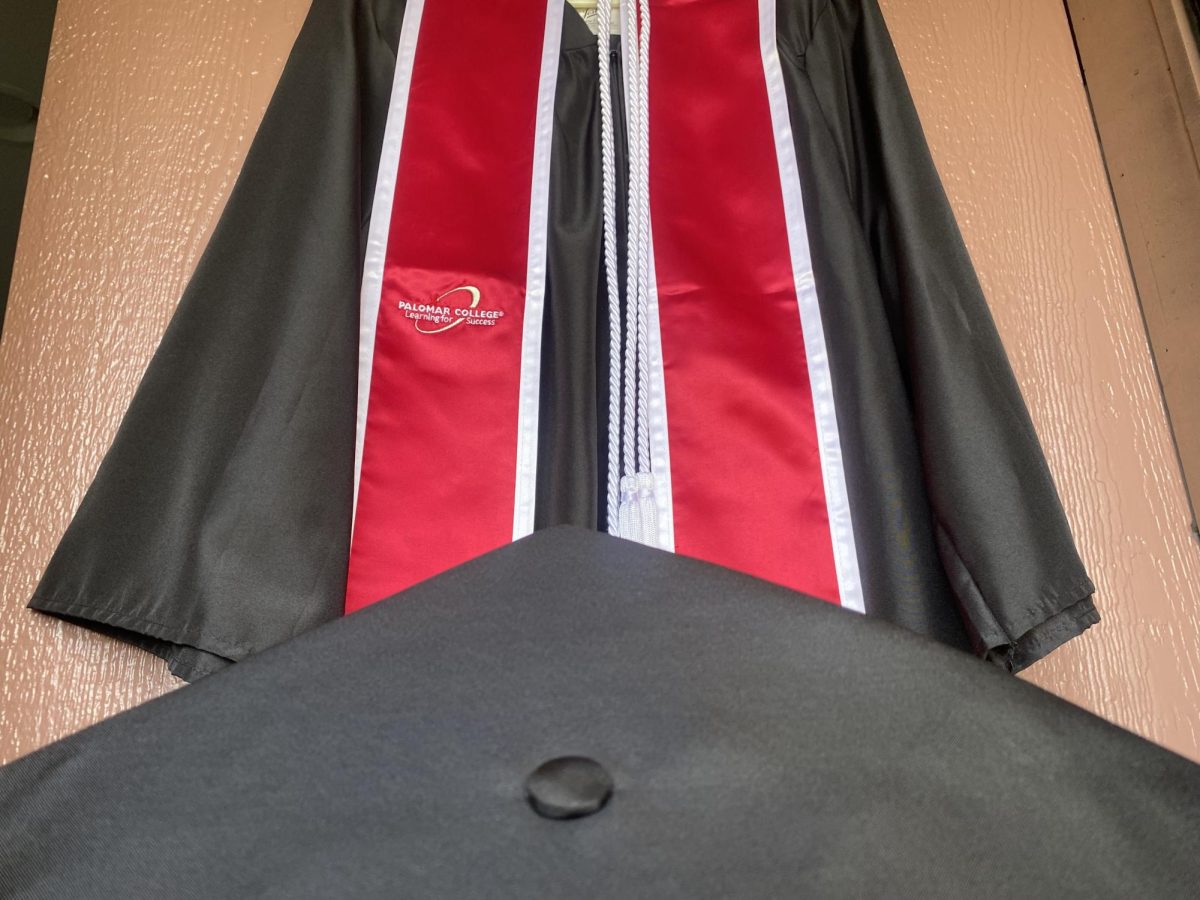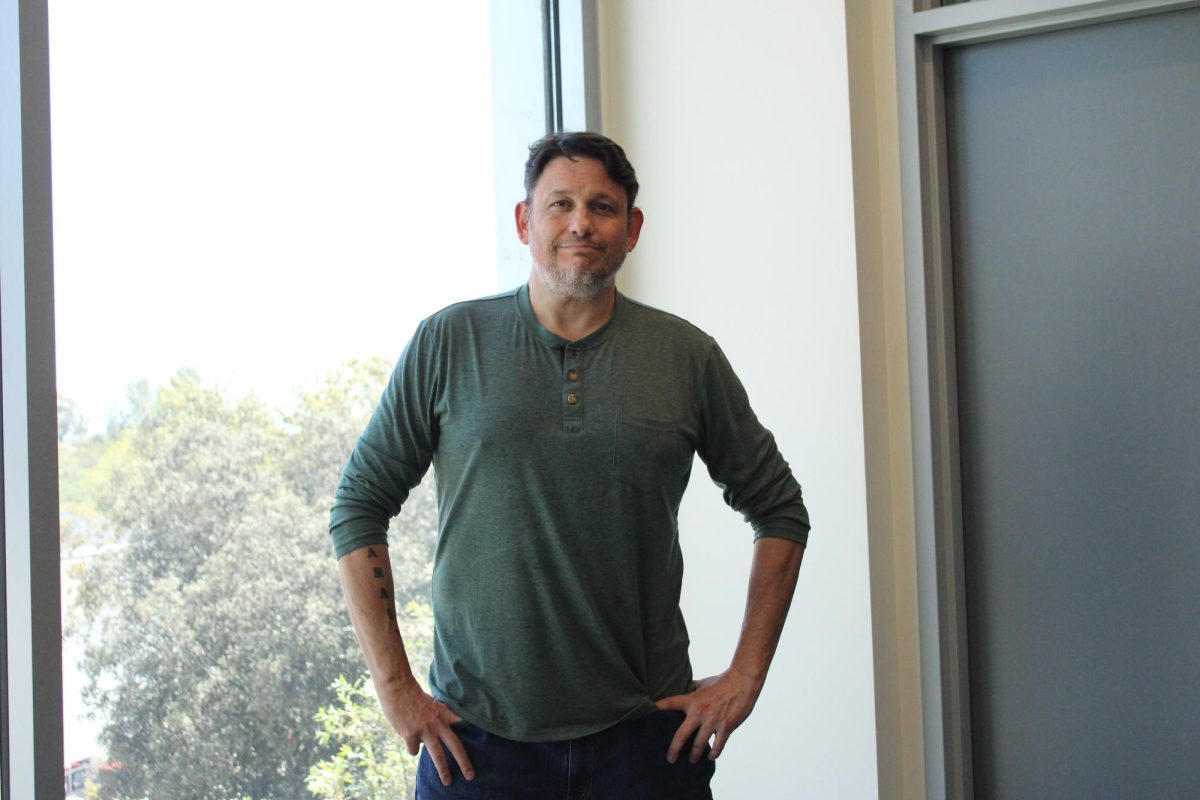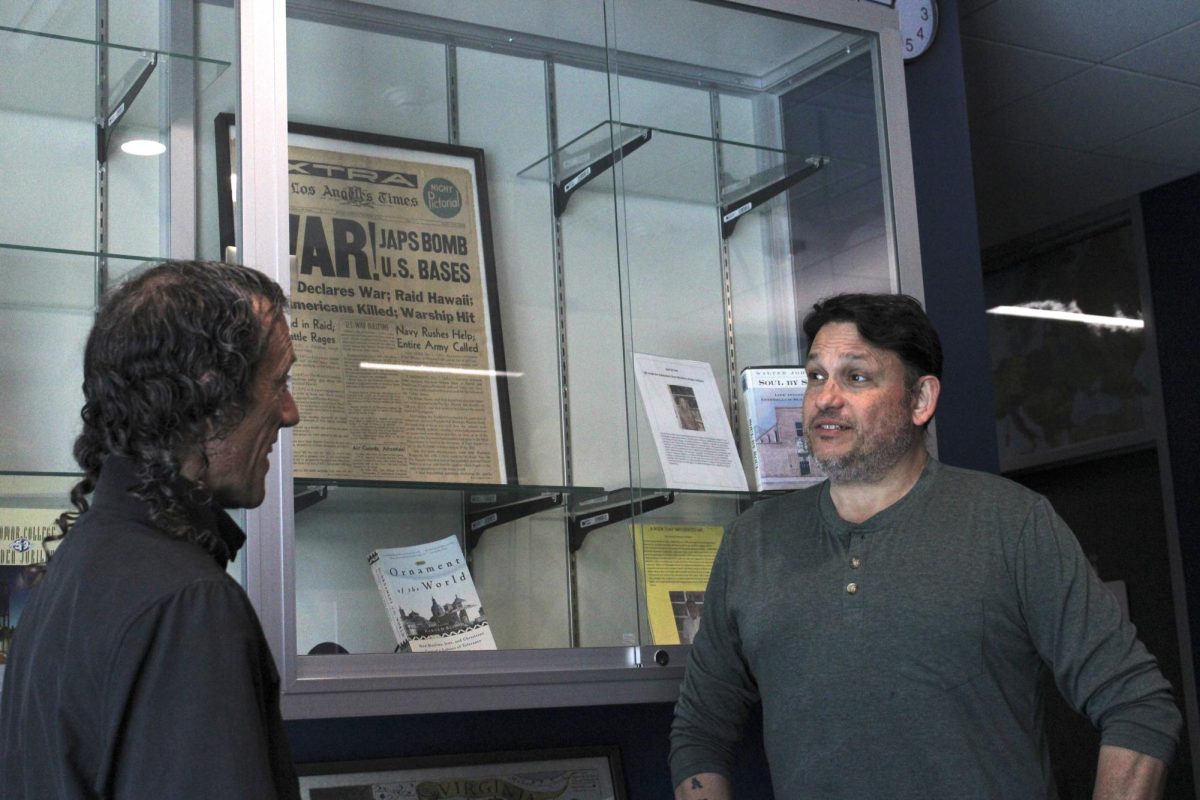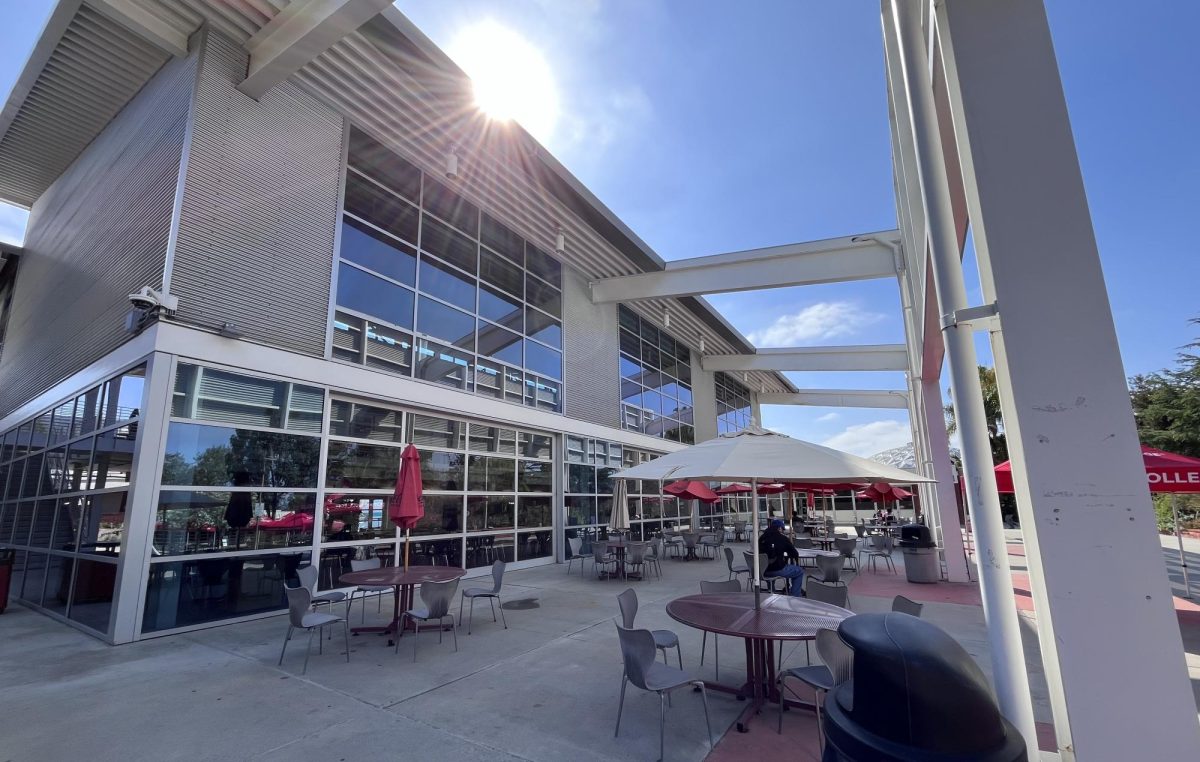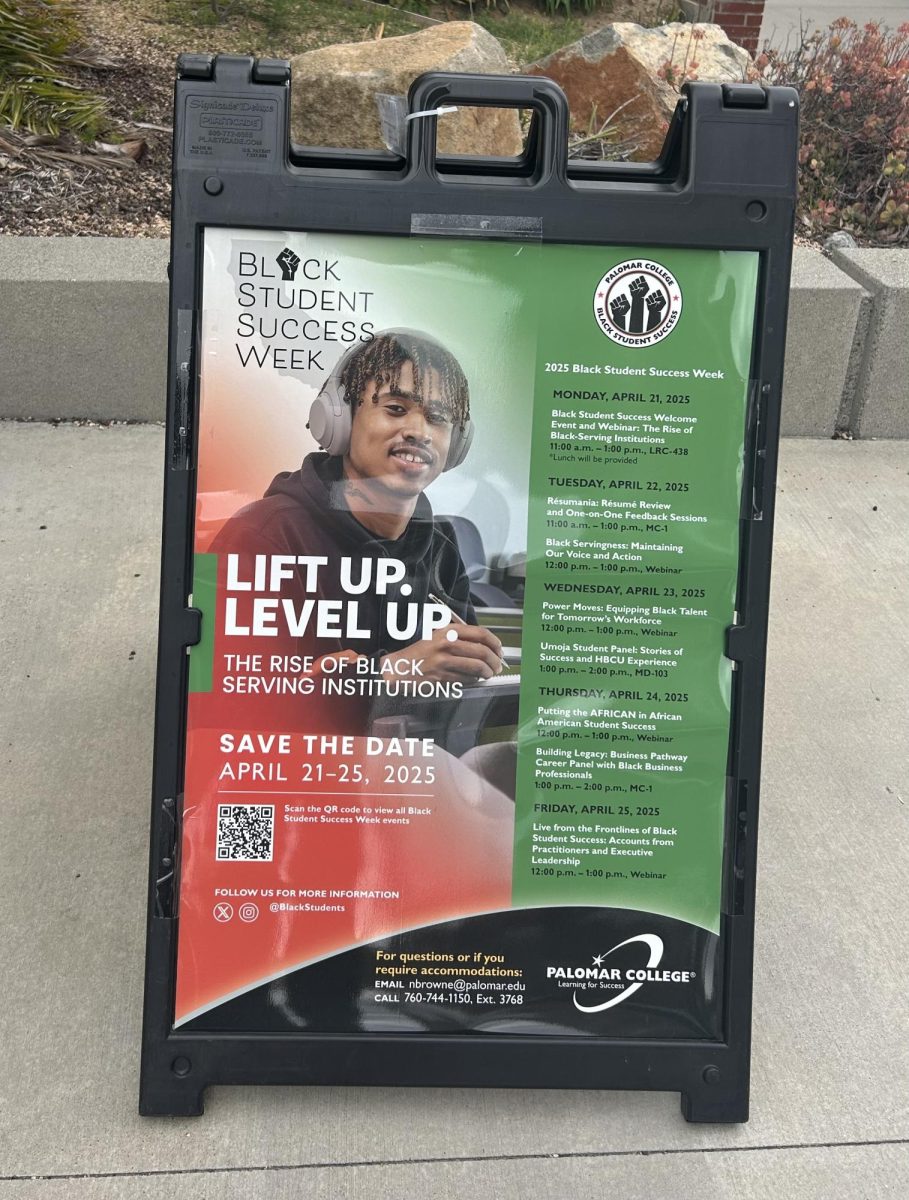Story by Kena Haun
Palomar College’s LGBTQ+ center provides resources for trans and non-conforming students, that fosters a positive climate for students in contrast of the normal across the country.
The National Transgender Discrimination Survey, which surveyed nearly 6,500 trans respondents, “found that individuals attending college, graduate school, professional school, or technical school reported high rates of negative treatment by students, teachers and staff, including harassment and bullying (35 percent).”
“I was a student when the center first opened in 2011, and we had zero trans students. Now, we have more trans students (the trans umbrella) than any other letter,” Dylan Davison, a Palomar Pride Center assistant said. “I think that shows that Palomar as a college is heading in the right direction. Getting more safe places like that, on other campuses would be great. Not just to feel safe at Palomar, but for wherever they end up going.”
“We need to talk more about the Center here, it is underfunded. The first semester I spent every day in cafeteria alone. Then I came in here the first time and everyone just welcomed me. It meant so much to me, coming from a Mexican household, being gay is not at all okay. We need people to know that we are here- and it is so hard to find.” Dakota, a transgender student here at Palomar, stated. He is in transition from female to male.
“We are all confused in a way. College is kind of a marker of a new start, you can go to this new place and figure yourself out, move forward with what you want to experiment with.” Dakota stated on the importance of having access to the Pride Center, “I only choose to associate myself with someone who believes that I have the right to live freely and have the body that I want and would make me happy.”
Axel, a gender fluid student stated, “Largely involving my identity I’ve really only experienced any kind of reaction to it here (at Palomar). The only reason I really get a reaction here is because I’ve been more comfortable here. To be able explore and kind of feel my way around how I think about my gender and my identity.”
When asked about how their professors interacted with them in class Axel stated, “I’ve never had a conversation with my professor about my gender it never felt necessary, it has never come up in class.”
In contrast, Dakota stated, “For me, I’ve had to (have a conversation), because I want to play male roles. Most people would not ask, but I want to avoid that conversation by just saying ‘Hey I am trans and I am going to be playing male roles and if there is an issue with that, let me know.’”
Dakota spoke of both positive and negative responses to that, “I actually have a teacher this semester, who I really can’t get a read on him. From how he speaks and what he says, I feel like it really would not be safe for me to come out. He uses very gendered language. You get teachers like that. That environment makes me very anxious, because he will call me ‘Miss Dakota’ which is like a very weird clashing because Dakota is a name, that I picked for myself. It’s just kind of a battle between, do I wish to go into this conversation and risk being truly unsafe or just having doubts?”
On the positive side, Dakota stated how much the theater department has meant to him, “My acting teacher, Michael Mufson, is really great. He really works with you getting into whatever role you want and that includes teaching you masculine mannerisms that go with a masculine character. Having his guidance has really helped me to discover how I feel comfortable presenting myself in stereotypical, masculine ways.”
Davison stated, “I haven’t had a lot of students come up to me with student problems. So, maybe it is a minimal problem or maybe they just haven’t heard of the pride center. If that’s the case then we need to get that information out there so that we can help them.”
Dakota stated about the general receptivity of his presence by others at Palomar, “I’ve not had any explicit times of hate speech, but there is the fear. I have a gay flag on my backpack and one of my biggest fear is from people walking behind me that will yank it off. It is a balance of wanting to live truthfully and be proud of who you are, and also there is a very real fear that even though you might be protected by rules and laws …there is still this fear.”
Axel concurred, “Not here on campus, but I do know people who truly fear it. The fear of it is brought up from family issues, and how their coming out to them created assumptions, that is particularly where people get their fears. But on Palomar, I haven’t heard about anything other than maybe a particularly shitty professor.”
According to Sgt. Michael Maines, a member of Palomar’s campus police, there have not been any incidents regarding hate speech or crime on the topic of identity here on campus that he was aware of. He stated that, “If you need our help call us, come to us, make a report about something … That is what we are here for. We do not discriminate”
One of the most helpful things we can do to improve the resources available to LGBTQ+ students Davison stated is to,” Just come in. Our budget depends on usage, if our numbers are good that affects our budget. Make sure to sign in when you come, and you don’t have to use your legal name or not there is no records kept of the name, it is just the numbers. Even if you are just here for five minutes, signing in is important because it show the center is being used.”
Another way to improve resources? Davison said to join the shared governance process on campus, “PC3H is an important committee, that was made to make sure that our students are safe and treated fairly. It started out because of instances of students and faculty not being treated well. Because it exists, we were able to get the Pride Center.”
Davison stated on the significance of visibility and accessibility to the center, “We get new students every semester going ‘wow I didn’t know this existed’ even students who have been going here for a while. We are kind of tucked away here, so it can be kind of hard.”
Dakota agreed and stated the significance of the space, “There needs to be a space where LGBTQ+ can go, because we often don’t have anywhere else.”
khaun@the-telescope.com


